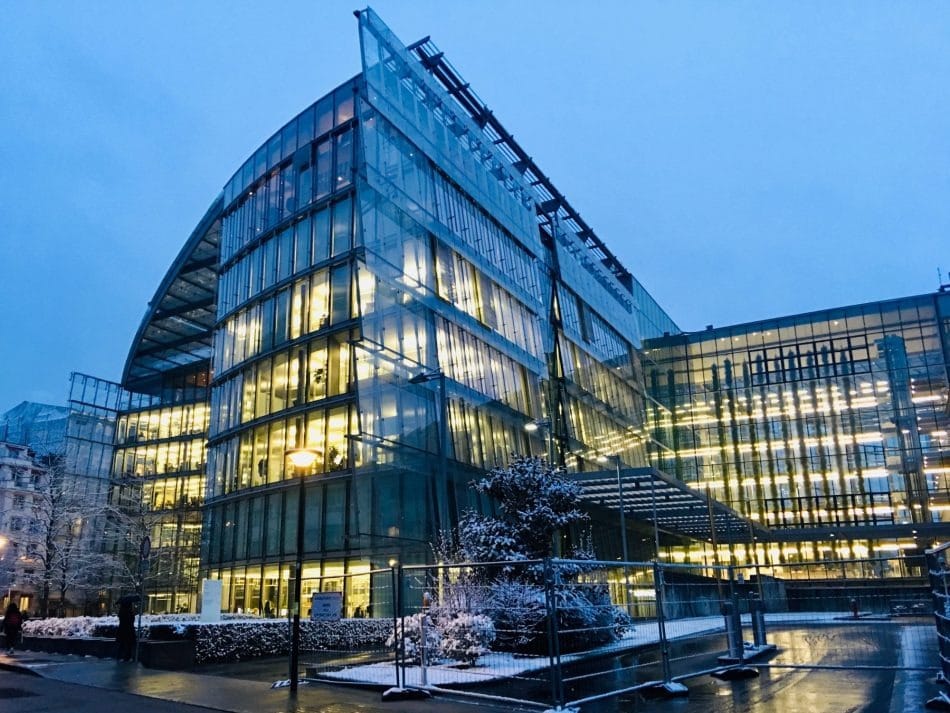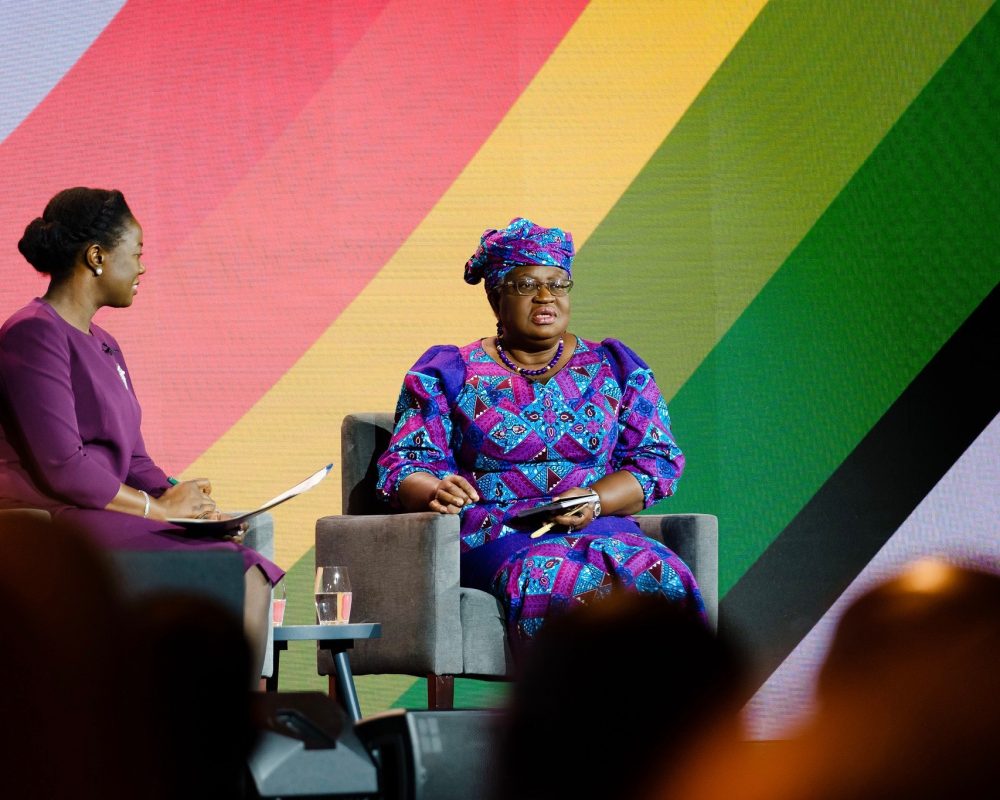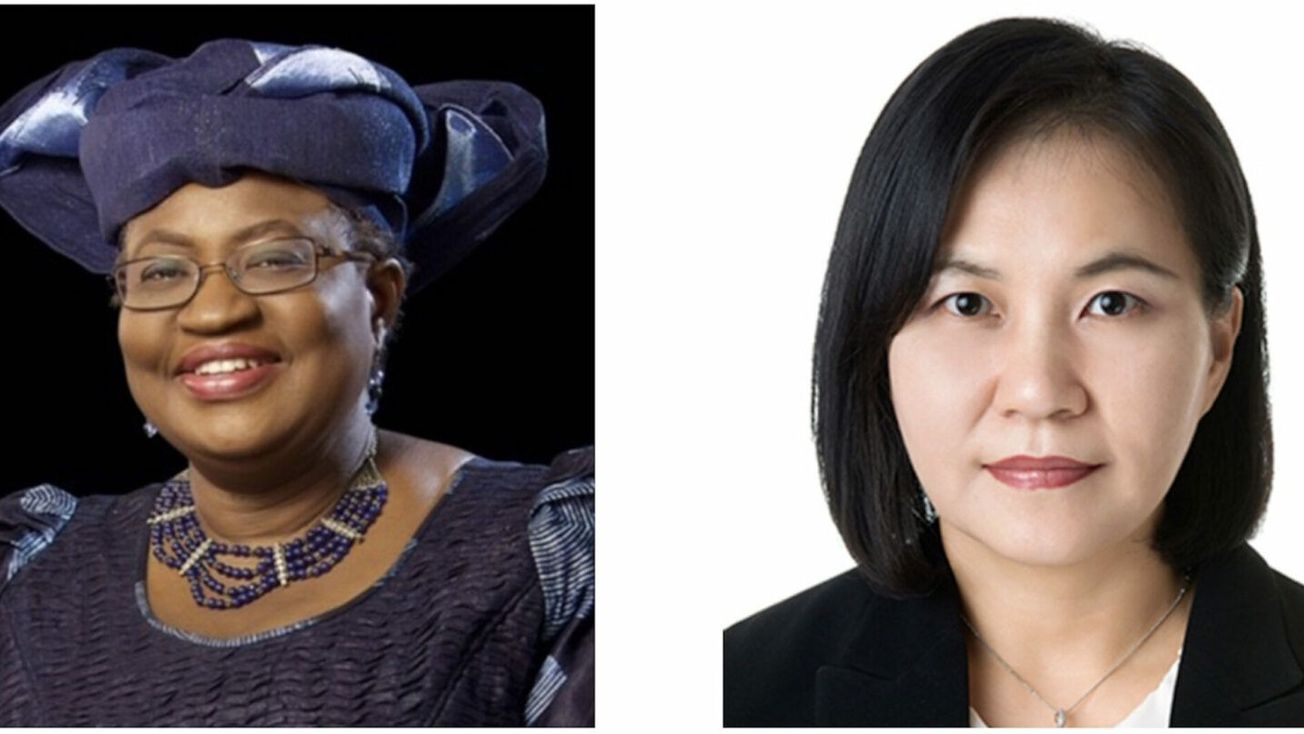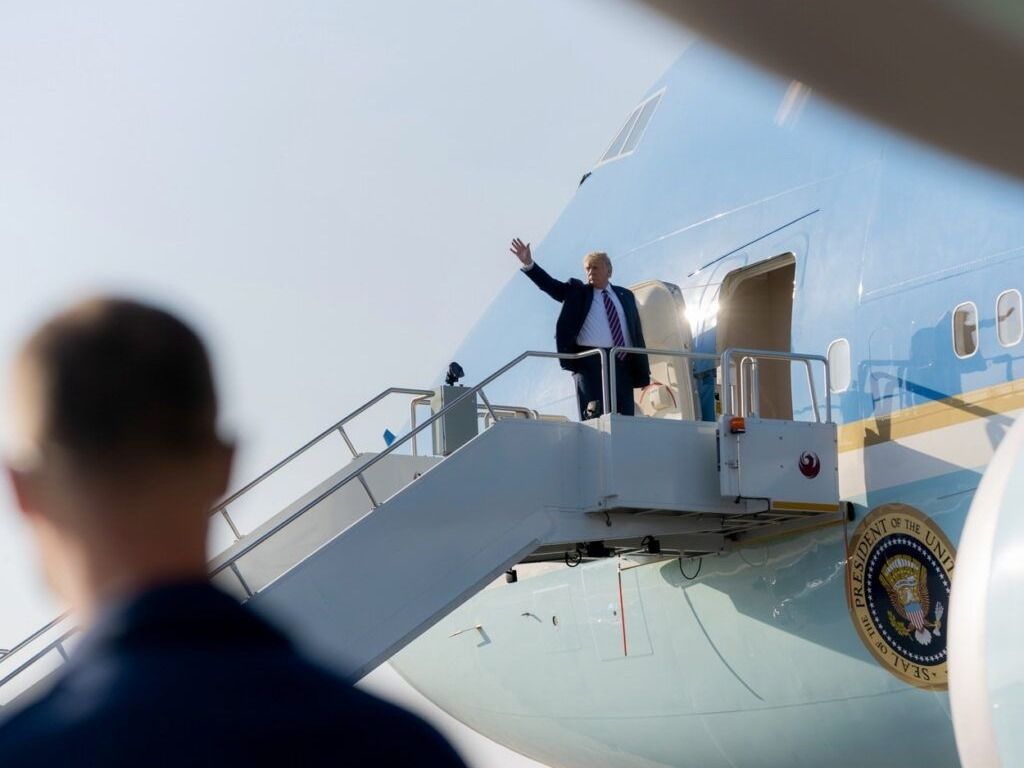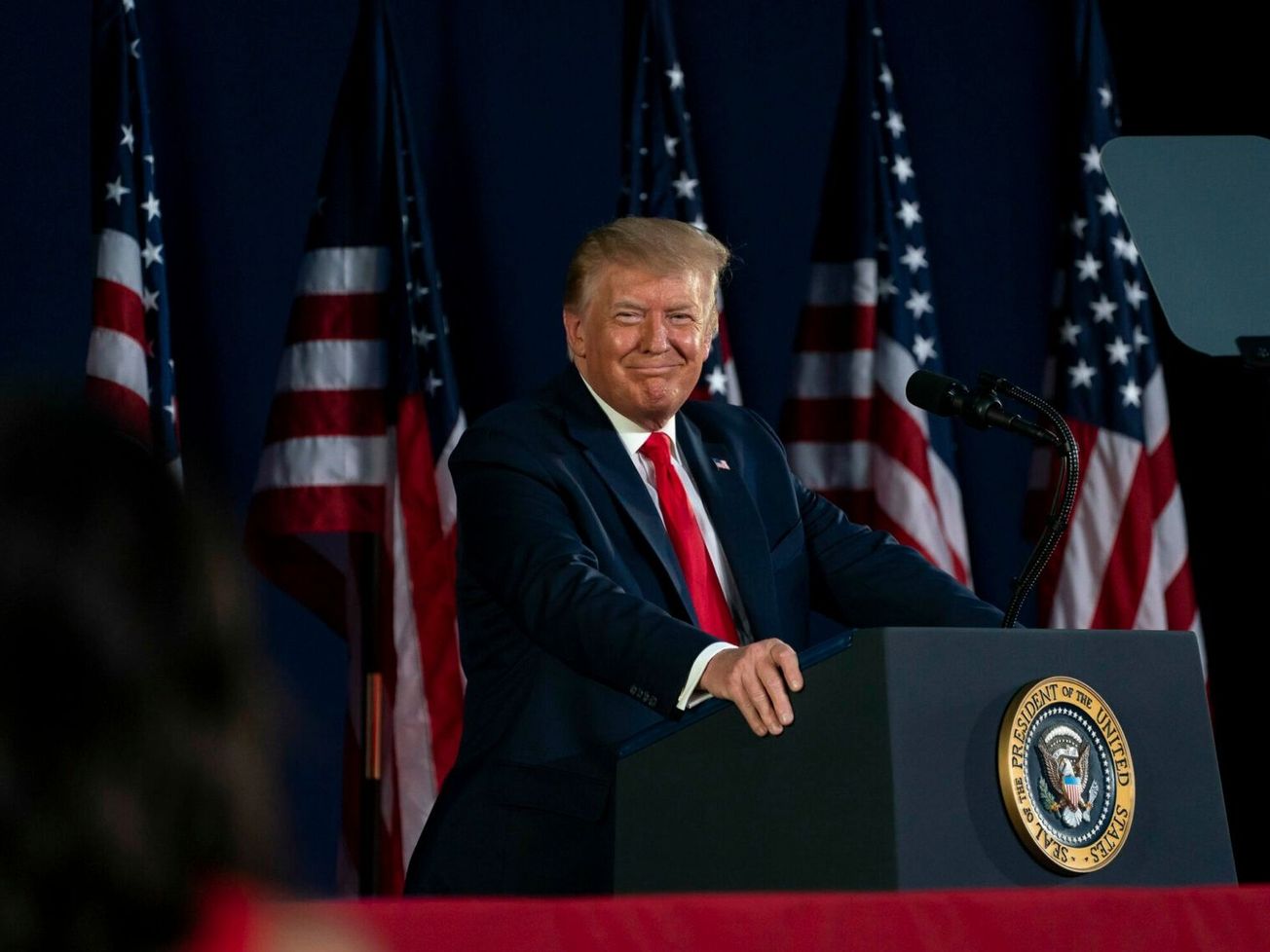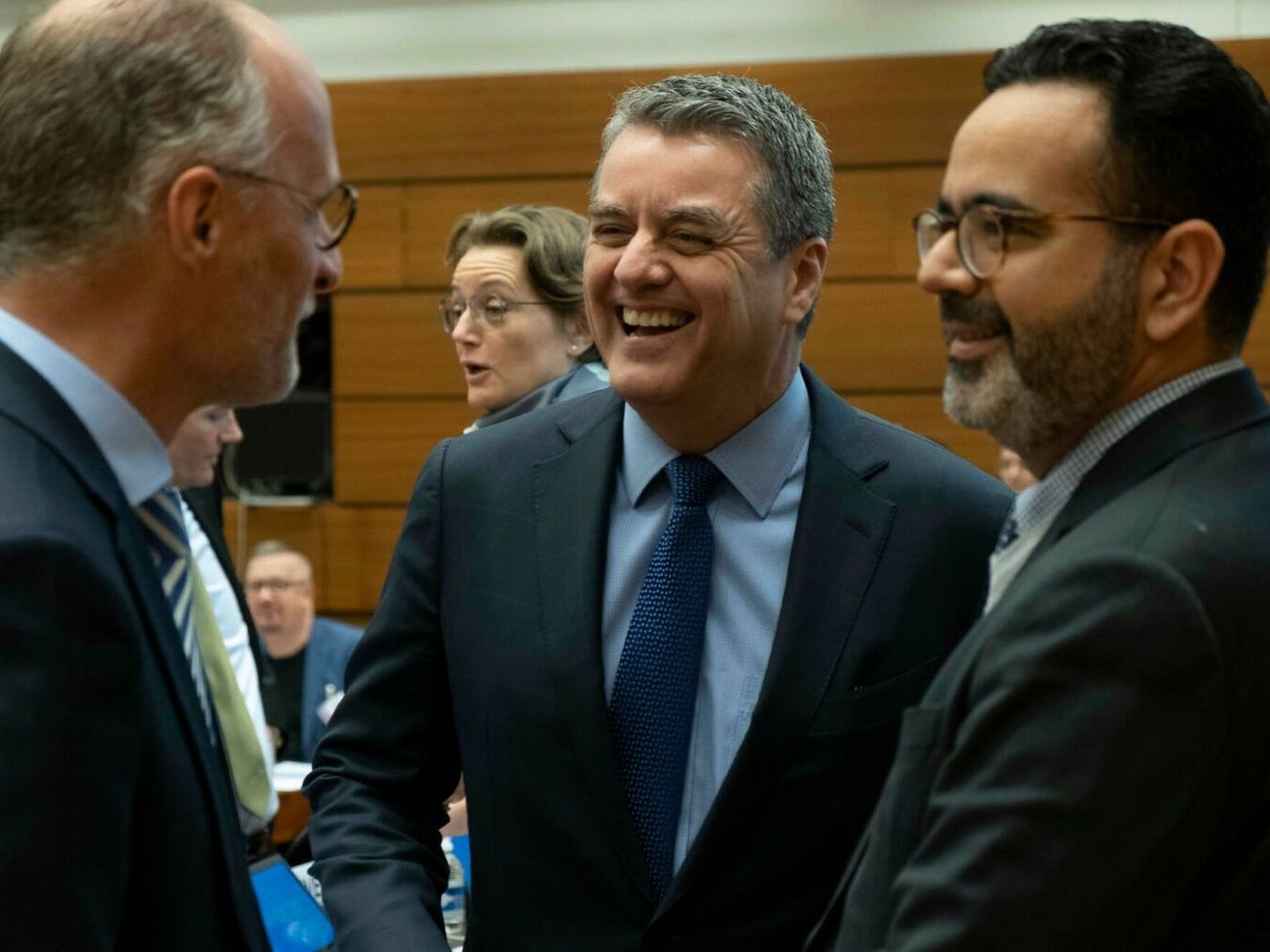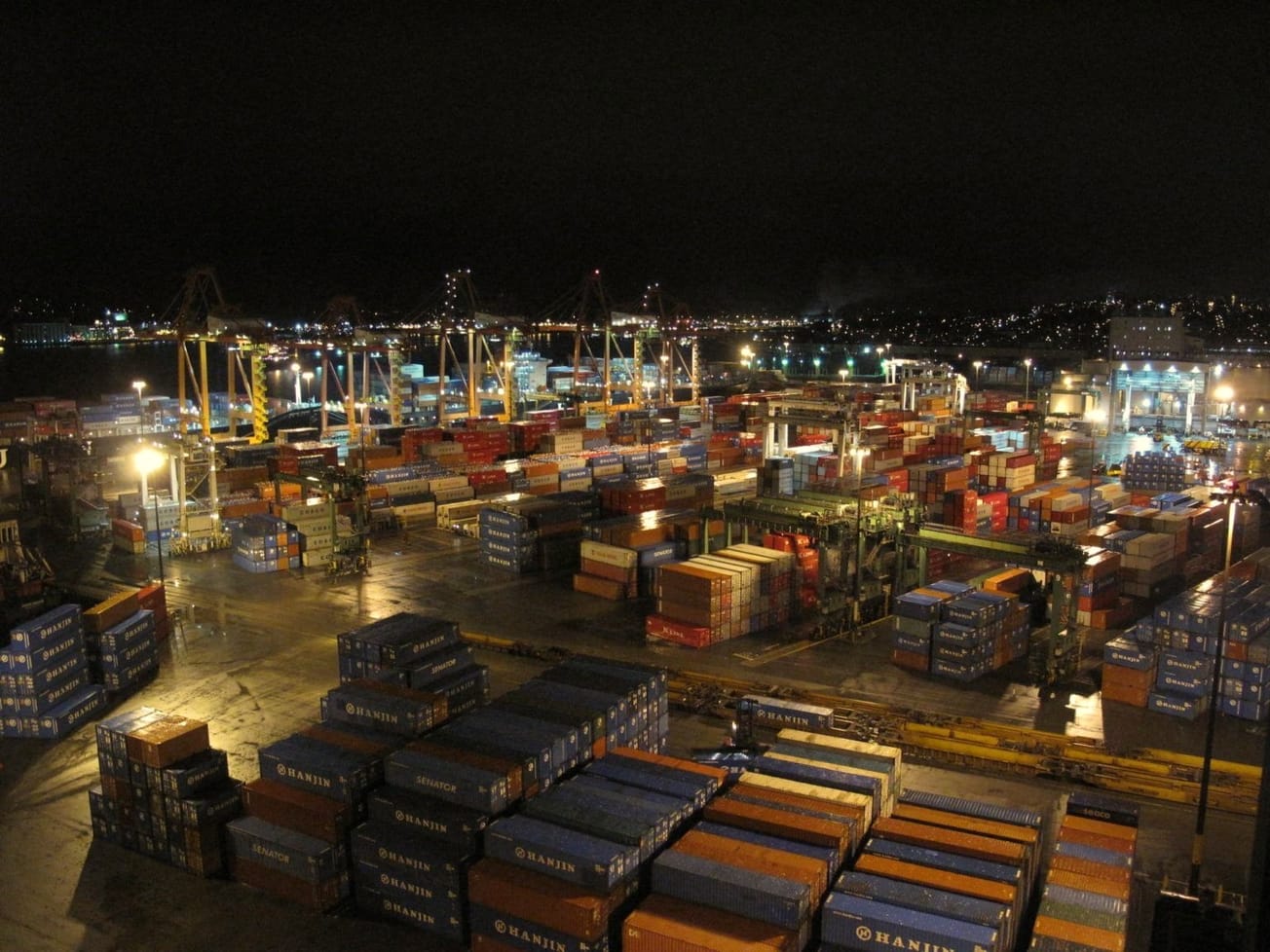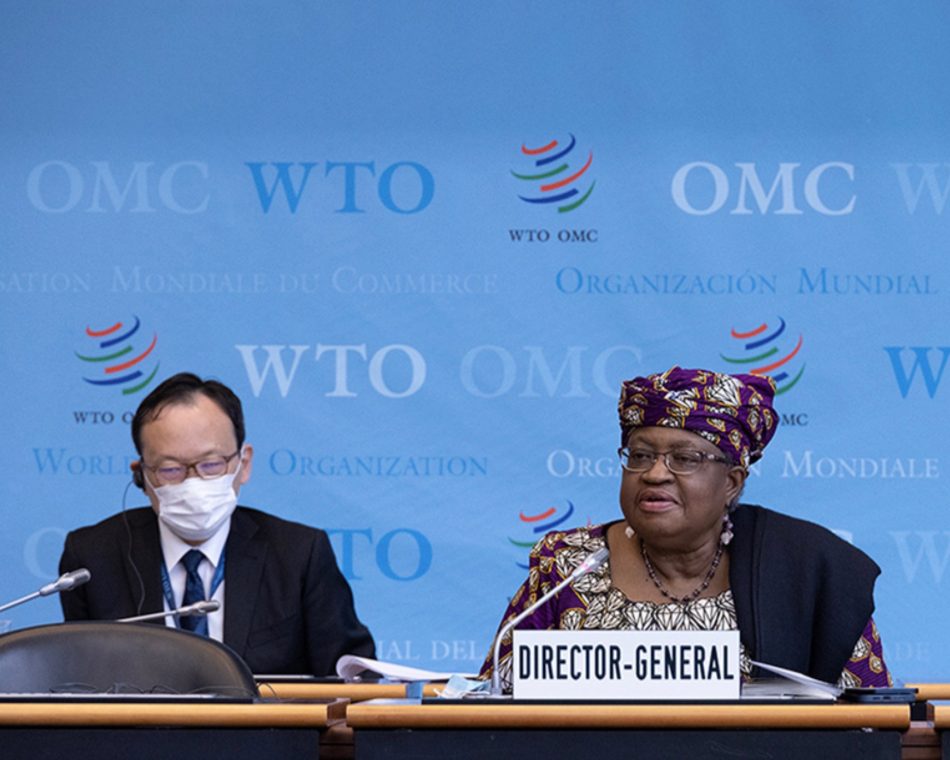
U.S. and WTO chief push IP vaccine waiver
The United States and WTO chief backed waivers to vaccine patent protections aimed at speeding efforts to end the coronavirus pandemic.
Already have an account? Log in
The United States and WTO chief backed waivers to vaccine patent protections aimed at speeding efforts to end the coronavirus pandemic.
A new Swiss foundation unveiled sweeping plans for a global science court and a new international organization and treaty.
Nigerian-American Ngozi Okonjo-Iweala is poised to become the next head of Geneva-based WTO after clinching the "strong support" of the United States.
A proposal for WTO to suspend IP protections of COVID-19 vaccines and treatments is set to expire this month, kicking the issue over to 2021.
Diplomats failed to meet an end-of-year deadline for a deal on halting government subsidies that contribute to overfishing, WTO officials said.
The U.S. upended WTO's selection of its next director-general as the sole nation to back South Korea's Yoo Myung-hee over Nigeria's Ngozi Okonjo-Iweala.
The final phase of a race to become WTO's next director-general began with two well-qualified women from Nigeria and South Korea vying for the top post.
The U.S. violated international trade rules by slapping US$234 billion in tariffs on Chinese goods without justification two years ago, a WTO panel ruled.
Eight contenders from Britain, Egypt, Kenya, Mexico, Moldova, Nigeria, Saudi Arabia and South Korea have until September 7 to campaign for the job of WTO chief.
U.S. President Donald Trump gave notice to the U.N. triggering a one-year withdrawal process from the World Health Organization over the pandemic.
The embattled WTO shifted to selecting a new director-general in an expected race between candidates from Mexico, Africa and Europe.
The World Trade Organization's services trade barometer shows a further decline from last September.
U.S. President Donald Trump sent a US$4.8 trillion budget plan to Congress proposing deep cuts to international organizations and global health programs.
A top E.U. negotiator says it turn to the U.N., WTO and G-20 as important go-betweens with the U.K. after leaving the bloc.
The E.U.'s three-decade blueprint would remake the 28-nation bloc's economy and help reshape 21st century climate policy.
The World Trade Organization's ability to resolve trade disputes among nations is arguably its most critical function.
